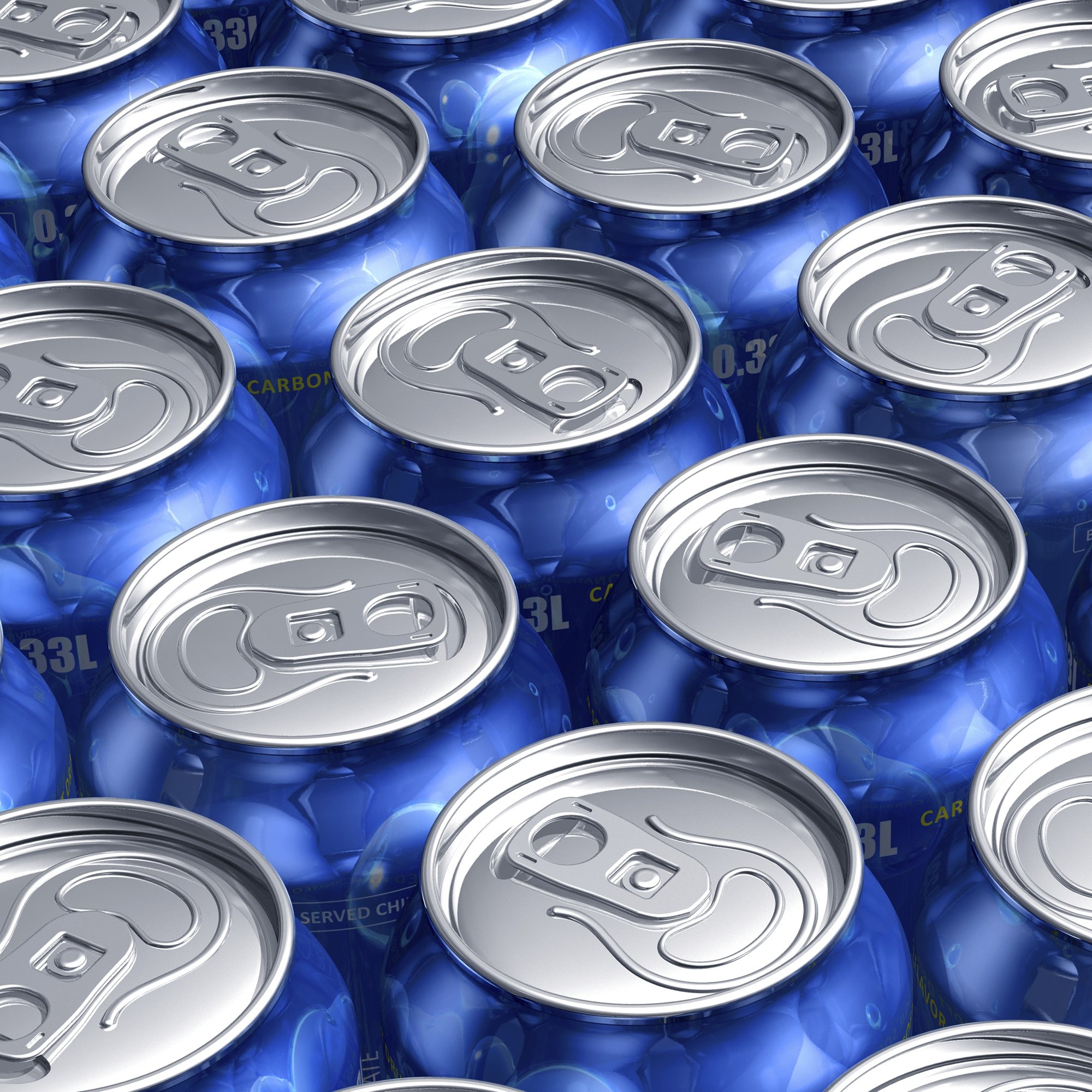Companies and Brands
Pepsi to Cut Sugar in Drinks and Reduce Calories

Published:
Last Updated:

PepsiCo Inc. (NYSE: PEP) means to cut the sugar content of its drinks, lower calories in some of its food and make more efficient use of water and packaging to improve its effect on the environment.
The company announced that by 2025:
- At least two-thirds of its global beverage portfolio volume will have 100 calories or fewer from added sugars per 12-oz serving.
- At least three-quarters of its global foods portfolio volume will not exceed 1.1 grams of saturated fat per 100 calories.
- At least three-quarters of its global foods portfolio volume will not exceed 1.3 milligrams of sodium per calorie.
- The rate of sales growth of what the company refers to as Everyday Nutrition products will outpace the rate of sales growth in the balance of PepsiCo’s portfolio. Everyday Nutrition products include those that deliver whole grains, fruits and vegetables, dairy, protein and hydration.
- It will provide access to at least three billion servings of nutritious foods and beverages to underserved communities and consumers.
Also:
- Improve the water-use efficiency of its direct agricultural supply chain by 15% in high-water-risk sourcing areas by 2025. These savings equate to the same approximate volume of water used in PepsiCo manufacturing operations.
- Improve the water use efficiency of its direct manufacturing operations by 25% by 2025. This is in addition to the 25% improvement in water-use efficiency the company has achieved since 2006 and will include a focus on high-water-risk areas.
- Replenish 100% of the water it consumes in its manufacturing operations within high-water-risk areas, ensuring that the water is replenished in the same watershed from which it was extracted.
- With the PepsiCo Foundation and its partners, work to provide access to safe water to a total of 25 million people in the world’s highest water-risk areas by 2025, a continuation of efforts that began in 2006.
- Reduce absolute greenhouse gas emissions across the company’s value chain by at least 20% by 2030, with a focus on collaborating with suppliers, business partners and customers to reduce emissions related to agriculture, packaging and transportation.
- Sustainably source both direct and major non-direct agricultural raw materials by 2020 and 2025, respectively. Building on its earlier goal, PepsiCo also intends to invest in the necessary measures to complete its plans to sustainably source 100% of the palm oil and cane sugar it purchases by 2020.
- Achieve zero waste to landfill across its direct operations by 2025.
- Reduce the food waste it generates in its direct operations by 50% by 2025.
- Design 100% of its packaging to be recoverable or recyclable by 2025, while partnering to increase packaging recovery and recycling rates.
It joins a relatively long line of food and beverage companies that have taken measures to make their their products healthier and their “environmental efforts” more aggressive.
A financial advisor can help you understand the advantages and disadvantages of investment properties. Finding a qualified financial advisor doesn’t have to be hard. SmartAsset’s free tool matches you with up to three financial advisors who serve your area, and you can interview your advisor matches at no cost to decide which one is right for you. If you’re ready to find an advisor who can help you achieve your financial goals, get started now.
Investing in real estate can diversify your portfolio. But expanding your horizons may add additional costs. If you’re an investor looking to minimize expenses, consider checking out online brokerages. They often offer low investment fees, helping you maximize your profit.
Thank you for reading! Have some feedback for us?
Contact the 24/7 Wall St. editorial team.